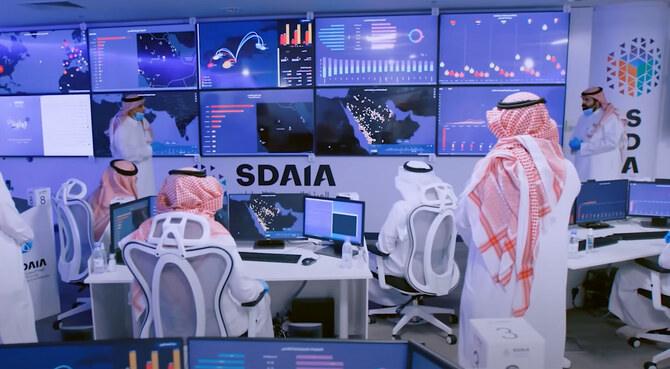By Omar Gouda
Under Vision 2030, Saudi Arabia aims to diversify beyond oil dependence by building a vibrant tourism and entertainment economy. At the center of that vision are flagship projects such as Qiddiya, NEOM, the Red Sea Project, and Diriyah Gate. In total, the Kingdom is committing over $155 billion in infrastructure, real estate, and cultural investments to support this transformation.
Qiddiya, located southwest of Riyadh, is emblematic: with an estimated $9.8 billion budget, it plans to host theme parks (including a Six Flags partnership), motorsports circuits, esports arenas, water parks, and performance venues.
But Qiddiya is only one node in a broader strategy. Saudi authorities expect these entertainment and tourism investments to draw tens of millions of visitors annually—and to require an infrastructure of content, operational services, and creative support to operate sustainably.
The Invisible Infrastructure of Experience

Beyond the buildings and mega-attractions, Saudi Arabia’s entertainment and tourism expansion depends on a vast, largely unseen infrastructure that makes these experiences possible. Behind every park, arena, and festival lies a high-performance ecosystem that spans multiple industries. Local media production and content studios are needed to create films, series, and branded content that fill the new venues and screens.
Event management firms, along with AV, staging, lighting, and sound specialists, are essential to running concerts, festivals, and immersive shows at global standards. At the same time, high-end F&B and themed hospitality operators must blend international quality with local culture to serve a growing tourism market.
The day-to-day functionality of these attractions depends on facility operations, maintenance, cleaning, and utilities, ensuring seamless performance year-round.
Supporting all this is the digital infrastructure—ticketing systems, guest data platforms, mobile apps, analytics, and visitor management tools—that underpins the visitor experience. Finally, logistics, transport, and procurement chains tie it all together, delivering equipment, materials, and supplies to some of the world’s most ambitious entertainment developments.
Qiddiya has adopted Accesso Horizon, a mature guest-management platform, to manage transactions and guest experience. That alone shows how project promoters are integrating third-party tech infrastructure into their master plans. PIF-backed Adeera recently agreed to manage a portfolio of hotels within Qiddiya—luxury, lifestyle, and midscale—thereby internalizing the hotel/F&B operations into the broader ecosystem.
Setting the Scene

The Public Investment Fund (PIF) plays a dual role: financier and operating anchor. It owns many of the mega-project vehicles and often holds controlling stakes in the operating entities. For example, PIF-backed Saudi Entertainment Ventures (SEVEN) is a key platform for executing entertainment assets and coordinating investments.
To catalyze activity, the government has introduced policy tools: the Events Investment Fund (EIF), launched in 2023, channels up to $7.5 billion in foreign investment into Saudi event infrastructure over the coming decades. The lion’s share of regulatory reform has also focused on reducing licensing times—some entertainment licenses are now processed in a matter of weeks rather than months.
Additionally, licenses for influencer marketing and media operations have been formalized and regulated. For example, Saudi nationals typically pay a registration fee (around USD 4k) for a three-year influencer license, while foreign participants must partner with local entities and comply with foreign investment rules. All this nudges foreign firms toward joint ventures or local embedding rather than stand-alone operations.
The Creative Boom
As Saudi Arabia’s entertainment push gains momentum, a new generation of small and midsize businesses is rising to meet the demand. Creative studios, boutique event planners, immersive tech startups, culinary innovators, specialized service platforms, and logistics providers are quickly becoming the backbone of the country’s mega-project ecosystem.
In 2024, commercial registrations in Saudi Arabia’s arts and entertainment sector jumped 20% from 2023. Within that, the “innovative arts and entertainment” category expanded by 30%, reaching 4.1k registered entities. The broader arts and entertainment sector collectively logged 11.4k commercial registrations across the Kingdom.



